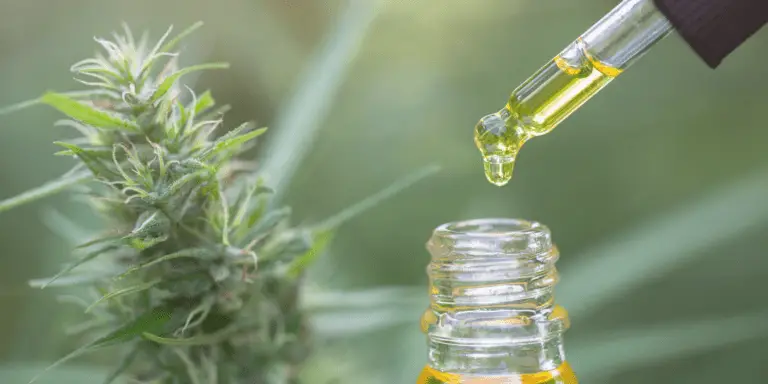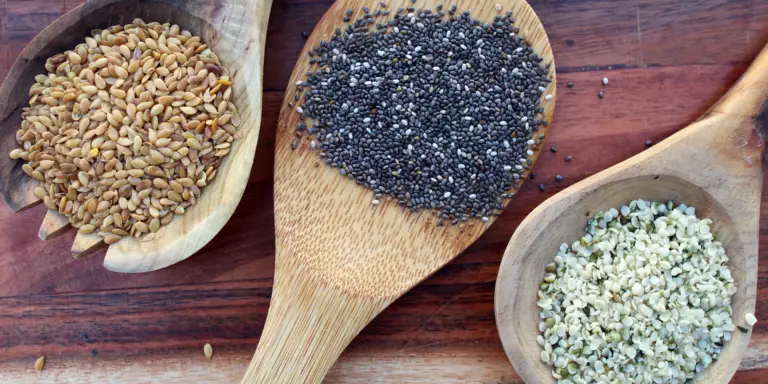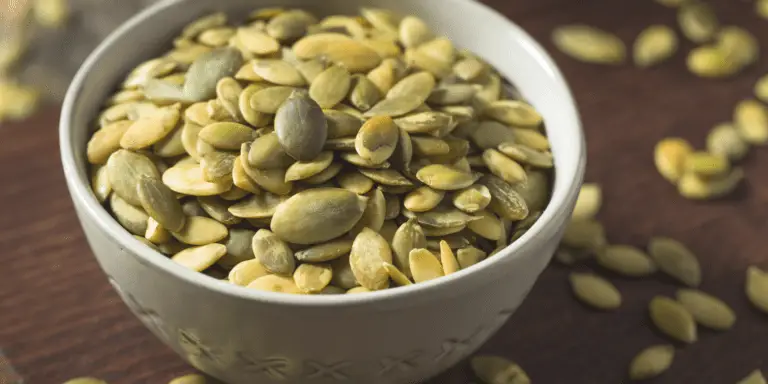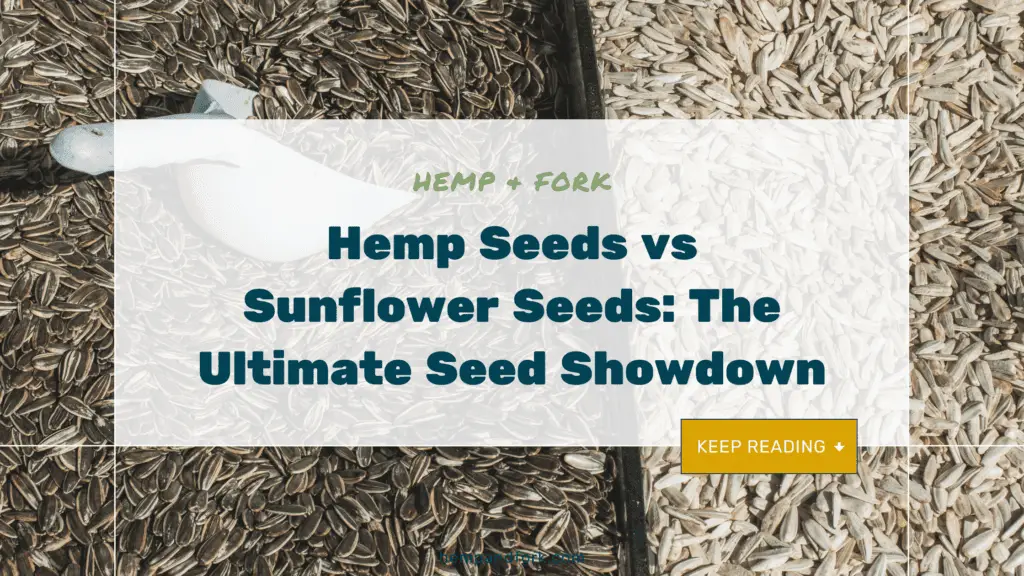
If you’re looking to incorporate more seeds into your diet, hemp seeds and sunflower seeds are two excellent options. Both are packed with essential nutrients and offer numerous health benefits. But which one should you choose? In this article, we’ll dive into a comprehensive comparison of hemp seeds vs sunflower seeds to help you make an informed decision.
Hemp seeds and sunflower seeds are often compared due to their similar appearance and nutty flavor. However, they differ in terms of their nutritional contents, which we will explore in detail.
- Hemp seeds and sunflower seeds are both nutritious choices with unique qualities.
- Hemp seeds are an excellent source of plant-based protein, healthy unsaturated fats, and fiber.
- Sunflower seeds offer a rich source of healthy fats, protein, and essential minerals like calcium and vitamin E.
What Are Hemp Seeds?
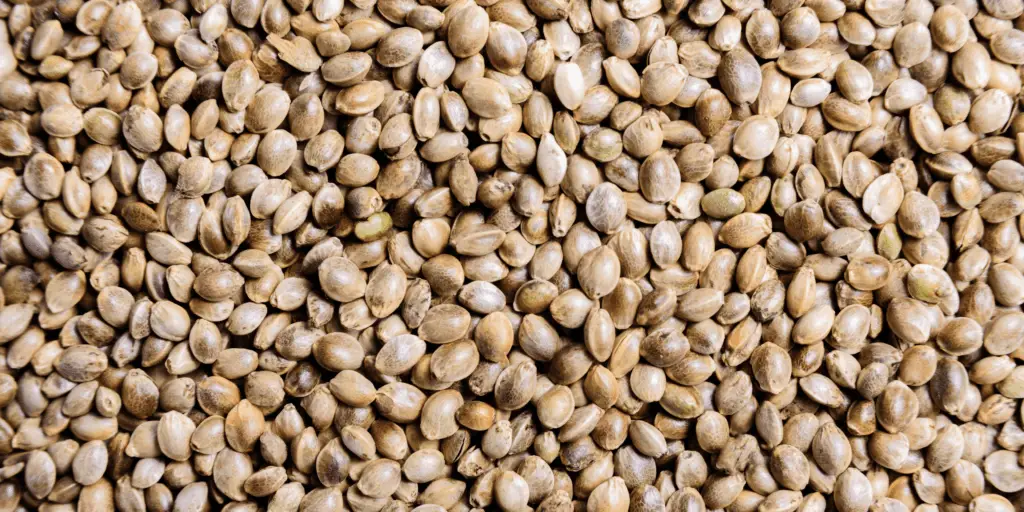
If you’re looking for a nutritious addition to your diet, hemp seeds, also known as hemp hearts, are an excellent choice. These small, nutty seeds are packed with essential nutrients, making them a popular superfood.
Nutritional Breakdown
| Nutrient | Amount/Percentage |
|---|---|
| Energy | 166 kcal |
| Protein | 9.48 g |
| Total Fat | 14.6 g |
| Carbohydrates | 2.6 g |
| Dietary Fiber | 1.2 g |
| Vitamins & Minerals | Iron, Vitamin E, Manganese, Magnesium, B vitamins and Zinc |
Hemp seeds are a nutritional powerhouse. They serve as an excellent source of plant-based protein, boasting all nine essential amino acids that the body cannot produce independently. In addition to their protein content, hemp seeds are rich in healthy unsaturated fats, including beneficial omega-3 and omega-6 fatty acids that promote heart health. A single serving of hemp seeds also offers several grams of fiber, which aids in digestion and can help lower cholesterol levels.
Beyond these macronutrients, hemp seeds are a valuable source of various vitamins and minerals. They are particularly rich in magnesium, zinc, and B vitamins, which play crucial roles in energy production, immune function, bone health, and the regulation of mood and brain function.
The nutritional value of hemp seeds is impressive, offering many health benefits. Incorporating hemp seeds into your diet can lower the risk of heart disease, lower blood pressure, and promote overall well-being. The body uses hemp seeds for protein synthesis, making them an essential addition to vegan and vegetarian diets.
Experiment with adding hemp seeds to smoothies, oatmeal, or salads for a delicious and nutritious boost. You can also try making homemade hemp milk or sprinkling them on top of yogurt or granola for added texture and flavor.
🧑🍳 For more cooking ideas and inspiration, check out our guide on How to Cook with Hemp Hearts.
What Are Sunflower Seeds?
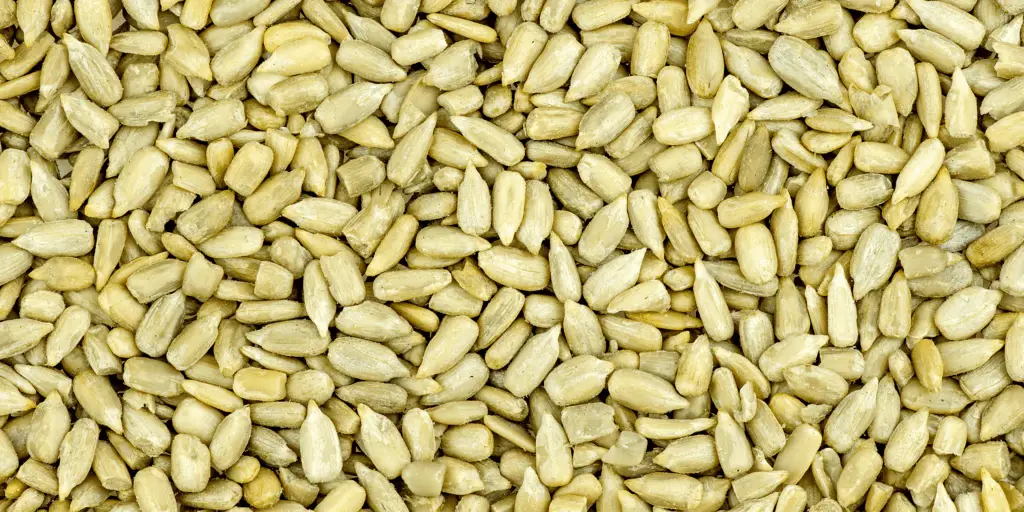
Sunflower seeds, also known as sunflower seed kernels, are a delicious and nutritious snack. Not only do they taste great, but they also provide a wide range of health benefits due to their impressive nutritional content.
Nutritional Breakdown
Sunflower seeds are an excellent source of a variety of essential nutrients, including:
| Nutrient | Amount/Percentage |
|---|---|
| Energy | 163 kcal |
| Protein | 5.5 g |
| Total Fat | 14 g |
| Carbohydrates | 6.5 g |
| Dietary Fiber | 3 g |
| Vitamins & Minerals | Vitamin E, some B vitamins, Iron, Magnesium, Zinc, Copper, Manganese |
Sunflower seeds are notably rich in healthy fats, especially omega-6 fatty acids, which are instrumental in promoting heart health and mitigating inflammation. They also stand out as a valuable source of protein, offering a substantial amount in each serving. Moreover, the fiber content in sunflower seeds is commendable, playing a pivotal role in stabilizing blood sugar levels and fostering digestive well-being.
Overall, adding sunflower seeds to your diet can provide a wide range of essential nutrients and contribute to your overall health and well-being.
Hemp Seeds vs Sunflower Seeds: The Nutritional Showdown
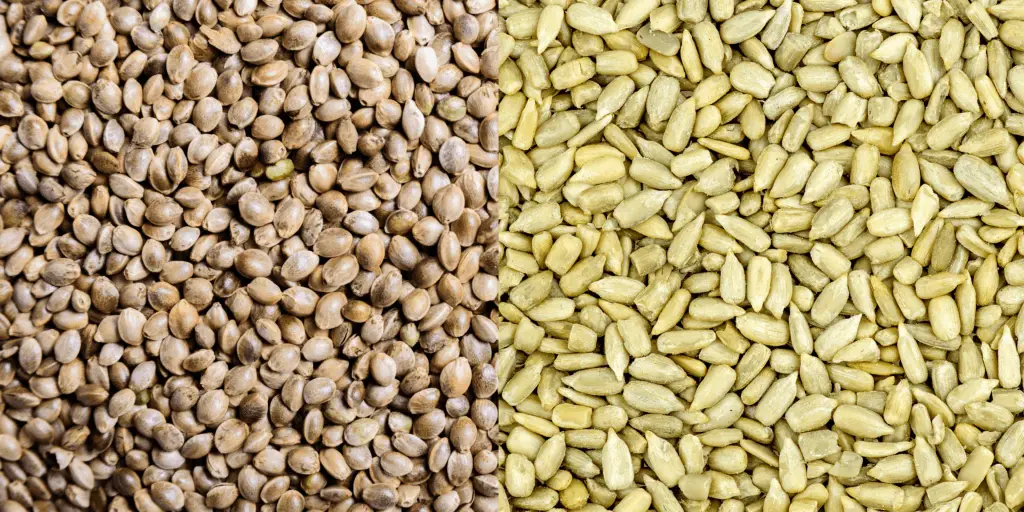
Now that we’ve covered the basics, it’s time for the nutritional showdown between hemp seeds and sunflower seeds. Both seeds are nutritional dynamos, but how do they stack up against each other?
| Nutrient | Hemp Seeds | Sunflower Seeds |
|---|---|---|
| Energy | 166 kcal | 163 kcal |
| Protein | 9.48 g | 5.5 g |
| Total Fat | 14.6 g | 14 g |
| Carbohydrates | 2.6 g | 6.5 g |
| Dietary Fiber | 1.2 g | 3 g |
| Vitamins & Minerals | Iron, Vitamin E, Manganese, Magnesium, B vitamins, Zinc | Vitamin E, some B vitamins, Iron, Magnesium, Zinc, Copper, Manganese |
Hemp seeds and sunflower seeds are both nutritional powerhouses, each with its standout qualities. Hemp seeds are particularly notable for their high protein content, making them an excellent choice for those seeking plant-based protein sources. Sunflower seeds, on the other hand, shine in their carbohydrate and fiber content, promoting digestive health.
Both seeds are rich in healthy fats, with sunflower seeds being especially abundant in omega-6 fatty acids. In the realm of vitamins and minerals, both seeds boast Vitamin E, Iron, and B vitamins. Hemp seeds have the added advantage of Manganese and Zinc, while sunflower seeds introduce Copper to their nutritional profile. Overall, each seed offers unique benefits, making them both valuable additions to a health-conscious diet.
Health Benefits of Hemp Seeds
Are you looking for a dietary source that can lower your risk of heart disease and high blood pressure? Consider incorporating hemp seeds into your diet. These small but mighty seeds are an excellent source of dietary fiber, which has been linked to reduced cholesterol levels and improved heart health. In fact, according to a study published in the journal Nutrition & Metabolism, consuming hemp seeds may lower blood pressure and reduce the risk of heart disease.
Hemp seeds are also a great source of essential minerals such as magnesium, zinc, potassium, and manganese. Magnesium is vital for muscle and nerve function, while zinc is essential for a healthy immune system. Potassium and manganese are important for maintaining healthy bones and promoting wound healing.
Additionally, hemp seeds are rich in omega-3 fatty acids, which are known for their anti-inflammatory properties and have been associated with a reduced risk of heart disease and stroke. These seeds also provide vitamins such as vitamin K, pantothenic acid, and vitamin B2, all of which are necessary for maintaining overall health and well-being.
With a serving size of just a few tablespoons, hemp seeds are also a great source of protein, making them an excellent addition to vegetarian and vegan diets. They are also a fantastic alternative to flax or chia seeds, which have less fiber than hemp seeds.
Overall, the nutritional value of hemp seeds makes them an excellent dietary choice. They are an excellent source of dietary fiber, essential minerals, and healthy fats, all of which can contribute to reduced risk of heart disease, high blood pressure, and overall improved well-being.
🌟 For more information on the benefits of hemp, check out this article: 13 Hemp Heart Benefits: The Ultimate Guide
Health Benefits of Sunflower Seeds
Sunflower seeds are a nutritious addition to your diet, offering a variety of health benefits. These little seeds are packed with protein, providing several grams per serving. They are an excellent source of essential minerals, such as calcium and vitamin E, which are important for bone and skin health.
Sunflower kernels are also rich in healthy fats, particularly omega-6 fatty acids, which have been linked to many health benefits, including supporting heart health and reducing high blood pressure. Additionally, they are a great source of fiber, with more fiber than hemp seeds, making them a valuable part of a healthy diet.
Incorporating sunflower seeds into your meals can help boost your overall health and well-being. You can enjoy them as a snack on their own or sprinkle them over salads and soups for a tasty crunch. Alternatively, you can mix them with other seeds, such as pumpkin and sesame seeds, to create a delicious and nutritious trail mix or energy bar.
With so many health benefits and versatile uses, it’s no wonder that sunflower seeds are a popular addition to many diets. Make the most of their nutritional value by incorporating them into your meals and snacks, and enjoy the many benefits they have to offer.
FAQ
Conclusion
By incorporating both hemp seeds and sunflower seeds into your diet, you can reap the nutritional benefits of these nutrient-dense seeds. Hemp seeds provide a great source of plant-based protein, fiber, and essential minerals like magnesium and zinc. Additionally, their omega-3 fatty acids contribute to heart health and weight management.
Sunflower seeds, on the other hand, offer a rich source of healthy fats, protein, and essential minerals such as calcium and vitamin E. They are linked to reducing high blood pressure and supporting heart health.
Both seeds are a versatile and tasty addition to a healthy diet, and their inclusion can contribute to overall well-being. Try incorporating hemp and sunflower seeds into your meals by adding them to smoothies, salads, or including them in baked goods. Experiment with different recipes and enjoy the delicious nutty goodness of hemp and sunflower seeds!
